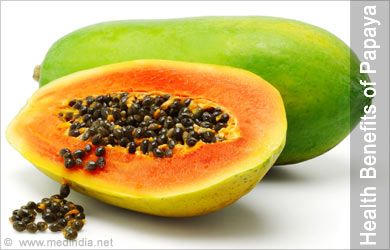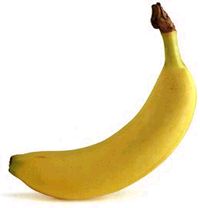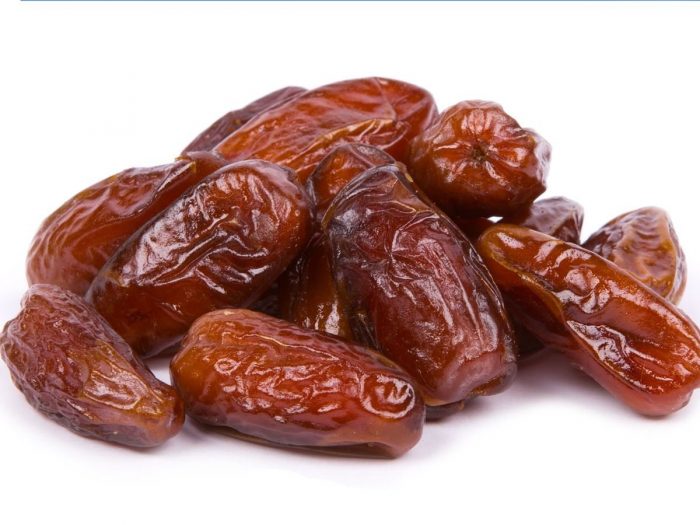P.J.
0
Natural Remedies and Vitamins in Vegetables
This Topic will continue for sometime and i will be adding more and more Threads in this for the benefit of members.

20 Home Remedies Everyone Should Know
20 Home Remedies Everyone Should Know | CureJoy
This Topic will continue for sometime and i will be adding more and more Threads in this for the benefit of members.

20 Home Remedies Everyone Should Know
- Having pomegranate’s juice daily is good for heart and useful for people suffering from low Blood Pressure (Hypotension)
- One natural treatment for acidity is chewing a few Basil (tulsi) leaves after a meal. This not just works as an antacid as it helps the body absorb food but also prevents reflux and the formation of ulcers.
- Sucking a piece of Clove after meal helps in reducing acidity problem.
- A flake of garlic swallowed with water taken empty stomach daily in the morning can be helpful in solving many stomach & gastric problems.
- Headache caused by summer heat is cured by consuming watermelon juice. Just one glass a day works wonders…
- Eating an Apple on an empty stomach in the morning relieves one of migraine pain. This must be done for a few mornings. I have been a migraine patient for past 10 years and this one worked most for me.
- Open 6 dates and boil in 1/2 liter of milk for 25 minutes over low heat. Drink three cups a day. This is ultimate dry cough remedy.
- Mix 2 teaspoons of honey with equal quantity of ginger juice. The concoction helps to expectorate mucus, providing relief for the common cold, coughs and sore throat.
- Eat before breakfast half cup of cooked beets if you suffer from chronic constipation or indigestion.
- Ayurveda cough syrup at home. Peel and chop six medium onions. Put the pieces in a container and add four tablespoons of honey. Cover and leave them in a water bath over low heat for two hours. Strain and take one tablespoon every three hours.
- Grated cucumber applied over the face, eyes and neck for fifteen minutes is very much beneficial for acne and blackheads.
- A simple remedy for Anemia or iron deficiency - Pound 3-4 soft dates with milk and add a little ghee in it. Eating this mixture will help to prevent Anemia.
- Home Remedy to Cure Dark Circles- Tomato paste is one of the most effective remedies for dark circles. You can make it easily at home. Take one or two fresh tomatoes, one tablespoon of lemon juice and a pinch of gram flour and turmeric powder. Blend these ingredients nicely until they become a thick paste and apply it very gently around your eyes. Rinse it off gently with clean water after 10 or 20 minutes. Repeating this process twice or thrice every week will make your skin tone around your eyes lighter and will eventually make your dark circles go away completely.
- Best natural remedy for sore throat is to gargle with turmeric and salt. Mix: ½ cup of warm water ½ tsp salt ¼ tsp powdered turmeric After you gargle, don’t drink or eat anything for at least ½ hr for the salt and turmeric to do their job of killing bacteria. You can repeat this as often as you need throughout the day.
- A drop garlic juice into your ear helps to relieve the pain of an ear infection.
- A mixture of baking soda and lemon juice applied underarms will reduce body odor.
- Add a few fennel seeds in a pot of hot water, and then boil it for five minutes on a low temperature. Strain the solution and then drink it. You can also chew the fresh fennel leafy plants if you can bear the taste. Else you can take a mixture of fennel, cardamom and mint leaves and boil them in water to make a concoction that can help during stomach gas. This is very effective Home Remedy for Gas and Bloating:
- Lemon is one of the richest sources of Vitamin C on the planet and it also contains nutrients like Vitamin B, riboflavin, phosphorus, magnesium, and calcium. Lemon juice with warm water can also help eliminate waste in your system and serve as a Liver tonic. Daily intake of lemon water has several health benefits: It keeps your stomach healthy; acts as cure for nausea, heartburn, indigestion, high blood pressure, stress, and depression.
- When you suffer from a hangover ,a banana milkshake with honey can give you immense relief. Cold milk soothes the stomach lining and bananas with honey build up depleted blood sugar levels.
- Home Remedies Treatment for Cough - For severe cough, mix tulsi juice with garlic juice and honey. A teaspoon of this mixture is taken once every three hours will treat excessive coughing.
20 Home Remedies Everyone Should Know | CureJoy














